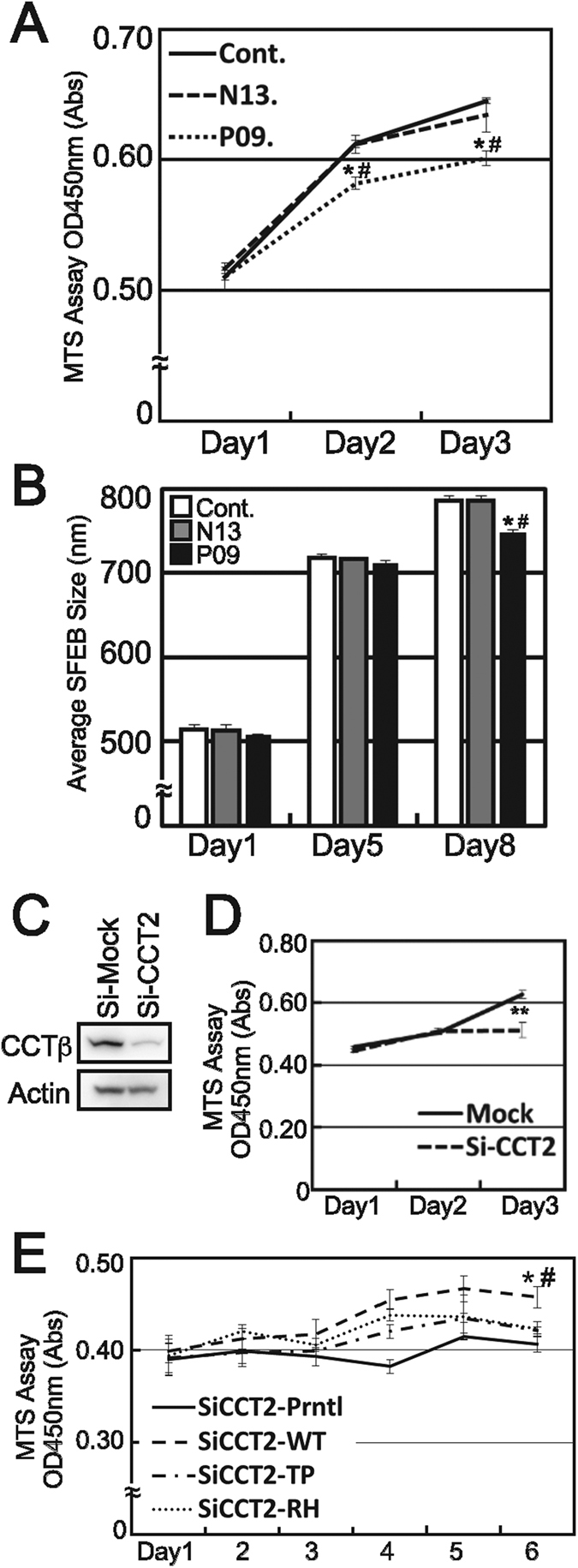Figure 4. Patient-derived T400P/R516H-carrying cells are less proliferative, and these LCA-causing CCTβ mutants were failed to rescue the phenotype.

(A) The proliferation rate for patient-derived iPSCs (P09) was significantly lower than the proliferation rate of the parental control iPSCs (N13) and the wild type CCTβ-carrying control iPCSs (Cont.) that were maintained under normal iPS culturing conditions (* and #, respectively, Student’s t-test, p < 0.05). (B) Growth rates according to spheroid size were also significantly smaller for patient-derived iPSCs grown in serum-free embryoid body cultures for 8 days compared to the controls (* and #, respectively, Student’s t-test, p < 0.05). (C) The mouse-specific knockdown of CctT2 by siRNA significantly decreased the amount of CCTβ expressed in 661W cells (**Student’s t-test, p < 0.01). (D) Proliferation of the 661W cells was largely suppressed after 3 days of Cct2 knockdown. (E) To elucidate the impact of the T400P and R516H mutants, stable 661W clones stably expressing human CCTβ, T400P, and R516H were established by lenti-virus infection. Both stable and parental 661W cell lines were transfected with Cct2-targeted siRNA, and cell proliferation was monitored for 6 days. Consistent with the former results, parental 661W cells and T400P-expressing 661W cells exhibited a marked decrease in cell proliferation following Cct2 knockdown (* and #, respectively, Student’s t-test, p < 0.05). In addition, both T400P- and R516H-expressing 661W cells exhibited no statistically significant rescue effect, yet did exhibit slightly enhanced cell proliferation.
